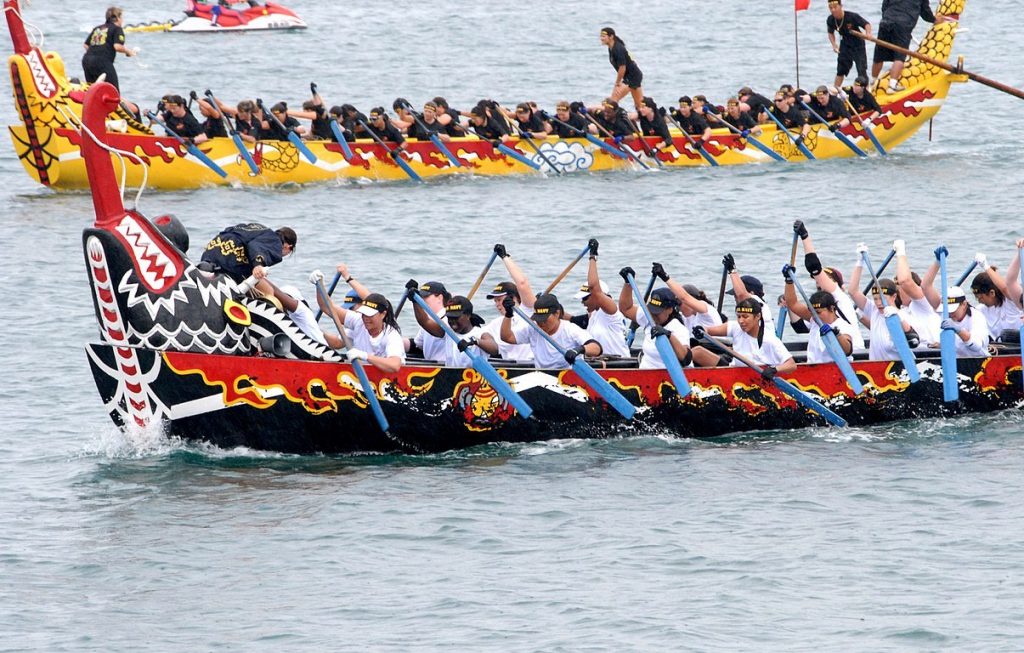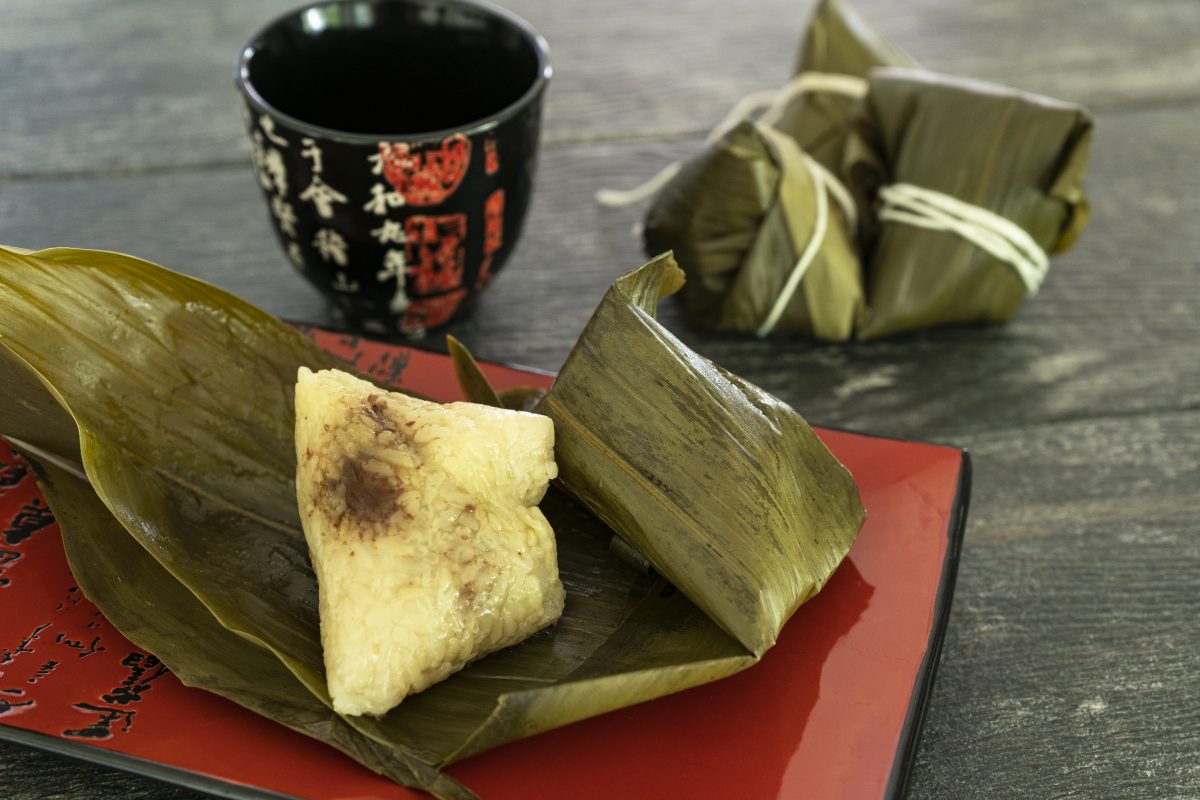The Mid-autumn festival (Zhongqiu Jie in Chinese) is a traditional celebration that focuses on the full moon and family reunion. It is on the 15th day of the eighth month of the Chinese lunar calendar, which falls on October 1 in 2020. It is a day when the family gets together to have a feast, light lanterns and admire what’s believed to be the fullest moon of the year.
Category: Festivals & Holidays
The Duanwu festival is known as the Dragon Boat festival named after the popular activity of dragon-shape rowboat racing during the festival.

Did the Duanwu Festival Really Originate From the Death of Qu Yuan(屈原)?
Today it is widely believed that the dragon boat race and the customs of eating zongzi originated from the death of Qu Yuan. Qu Yuan, who supposedly lived from 338 to 278 B.C.E., served as a minister in the southern kingdom of Ch’u, which shared the continent with other two powerful states: the northeastern state of Qi, and the aggressive state of Qin to the northwest.
The Fifth day of the Fifth month on the Chinese lunar calendar marks the celebration of the Duanwu festival (端午). “Duan Wu”(端午) in Chinese means the beginning of the fifth month. Originating from China, the festival is widely celebrated in East and Southeast Asia with dragon boat racing, eating zongzi rice dumplings, and commemorating China’s earliest known poet, Qu Yuan(c. 340–278 B.C.E). Today most Chinese believe that the festival is to remember the virtues of the patriotic poet who served as a loyal minister of King Huai who reigned from 328 to 296 B.C.E. over the state of Chu. However, the origins of the Duanwu festival have nothing to do with Qu Yuan. Folklorists, historians, and anthropologists have proposed multiple explanations for the origin of the Duanwu festival.
The Duanwu festival as we now know has its roots in plague-prevention rites in the summer solstice and fertility rites to ensure good harvests dating back at least two thousand years in southern China. In this article, we explore the reasons why the Chinese consider the Fifth month of the Lunar Calendar inauspicious and evil as well as the rituals employed to ward off evils.
Zongzi are rice dumplings wrapped in reed, bamboo, or banana leaves. Eating Zongzi is a popular tradition for the Duanwu festival in China. This year I couldn’t go back to China due to the Pandemic, so I asked my mother to teach me how to make her sweet Zongzi recipe over the phone. In today’s video, I will share this delicious recipe and a bite of history with you.

Duanwu Festival (端午节) is just around the corner. It is a traditional festival in China, also called the Dragon Boat Festival or the Zongzi Festival. It falls on the fifth day of the fifth lunar month on the Chinese calendar. This year, it is on June 26th.
Making and eating Zongzi is one of the traditions my family observes for the Duanwu Festival. What are Zongzi? Zongzi are glutinous rice dumplings wrapped in bamboo or reed leaves. They are cooked by boiling or steaming and served either hot or cold. Zongzi were initially used to worship ancestors and gods and later became a festival food. Depending on regions, Zongzi can be sweet or savory, steamed or boiled, in a pyramid or a cone shape. Each family has its recipes passed down verbally or in writing.